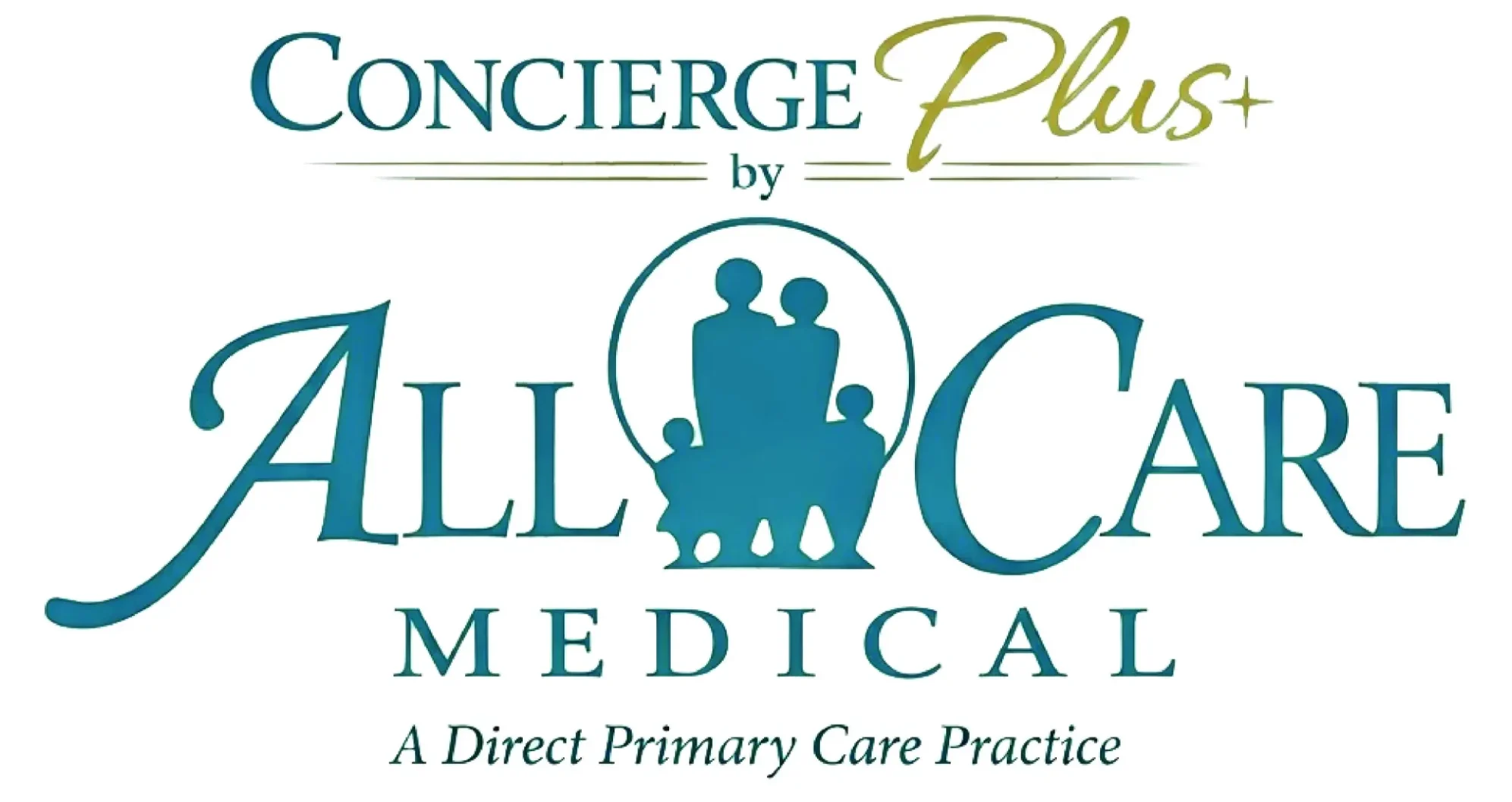How medicine can help with depression
What is depression?
Depression is a medical illness like diabetes or high blood pressure. It affects about 17% or people at some time in their lives. It’s twice as common in women as in men. Symptoms of depression include the following:
- Feeling sad most of the day, nearly every day, for two weeks or longer
- Loss or interest in things you used to like and enjoy
- Lack of energy
- Sleep and appetite disturbances
- Weight changes
- Feelings of hopelessness, helplessness and worthlessness
- Not being able to make decisions
- Thoughts of death and suicide
The answer is “no.” Depression is an illness, not something you choose to get.
The exact cause of depression is not known. Doctors think it may be caused by a chemical imbalance in the brain. The imbalance could be caused by your genes. It could be caused by the effects of events in your life. It seems that sometimes there aren’t enough chemical messengers (called neurotransmitters) in the brain. These neurotransmitters carry messages (nerve impulses) from one nerve cell to another. When there aren’t enough of these messengers in a person with depression, certain messages don’t get carried to some areas of the brain. Two primary messengers, called serotonin (say: seer-o-tone-in) and norepinephrine (say: nor-ep- in-nef-rin), are responsible for your moods (how you feel). More than 20 medicines are helpful in treating depression. These medicines are called antidepressants. They help increase the number of chemical messengers (serotonin and norepinephrine) that affect your mood.
Depression can be treated with medicines and counseling. The combination of medicine with counseling helps most people. Counseling can help you change a negative view of yourself, of your past and of your future. Regular exercise and avoiding too much caffeine, alcohol and unauthorized substances can also be helpful.
More than 20 medicines are helpful in treating depression. These medicines are called antidepressants. They help increase the number of chemical messengers (serotonin and norepinephrine) that affect your mood.
Some of the possible side effects of tricyclic antidepressants are the following:
- Dry mouth
- Constipation.
- Blurred vision
- Bladder problems
- Increased sleepiness
- Weight gain
- Excessive tiredness
- “Spaciness”
- Hand tremors
- Muscle twitching
- Feeling of weakness
- Increased heart rate
- Dizziness when standing up
You have to be careful if you get sleepy or dizzy when you take tricyclic antidepressants. It’s not good to drive or operate machines when you take them, because they affect your reflexes and your attention span.
SSRIs might have the following side effects:
- Nausea
- Vomiting
- Diarrhea
- Dry mouth
- Sleepiness
- Tremor
- Insomnia
- Anxiety
- Sexual dysfunction (inability to ejaculate or to have an orgasm)
Talk to your doctor. He or she may change your dosage or you might try another medicine to get rid of the side effects.
If you can sleep better, you know the medicine is working. If you can take care of yourself better (such as hair care, dressing well, eating regularly), you know the medicine is working. When the medicine is working well, you are better able to meet your day-to-day obligations. You have more energy. Your weight problems will get better, and your appetite will be closer to “normal.” You will have an increased desire to live. Both you and your family and friends will notice these changes. Your doctor might also give you short “tests” to check your progress.
If this is the first time you have been treated for depression, you will probably take this medicine for about six months after you begin to feel better again. If this is the second time you’ve had depression. you might keep taking the medicine for at least a year. Depression that comes back a third time may require you to take an antidepressant for a long time, maybe forever.
If you forgot your dose less than three hours ago, go ahead and take it now. Otherwise, just skip it. Take your next dose at the regular time. Don’t take a double dose unless you ask your doctor first.
You should not drink alcohol because it might have a bad effect with the antidepressant. You might be strongly affected by even a little bit of alcohol.
All antidepressants should be cut back little by little. This helps to decrease the risk of the depression coming right back. Don’t stop taking an antidepressant all of a sudden. Talk with your doctor first.
Talk to your doctor right away. If this isn’t possible, have someone drive you to the nearest hospital emergency room.
Your doctor is the first person you should talk to. The following agencies can also give you more information:
The National Depressive
Manic-Depressive Association
Public Affairs Department
730 N. Franklin St., Suite 501
Chicago, IL 60610
Telephone: 1-312-642-0049 or 1-800-826-3632
The Depression Awareness, Recognition and Treatment Program of the National Institute of Mental Health
5600 Fishers Lane, Room 10-85
Rockville, MD 20857
Telephone: 1-800-421-4211 or 1-301-443-4140
For Women Only
Yes, antidepressants won’t harm the actions or effectiveness or your birth control pill.
Tell your doctor right away. With some antidepressants, there is a small risk that they will hurt your baby. Your doctor can talk with you about the risks and benefits of your antidepressant.
This depends on how long the medicine stays in your body. Some, antidepressants stay in your body a long time after you quit taking them. For example, fluoxetine (brand name: Prozac) takes several weeks to leave your body. No matter which antidepressant you have been taking, talk with your doctor before you get pregnant.
Most antidepressants would get into your breast milk. This can affect your baby; Before you decide to go on breast feeding and keep taking an antidepressant, ask your doctor if it’s a good idea.

